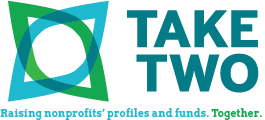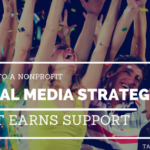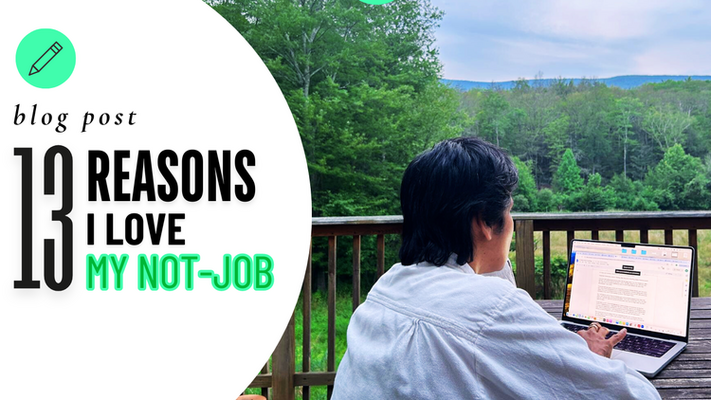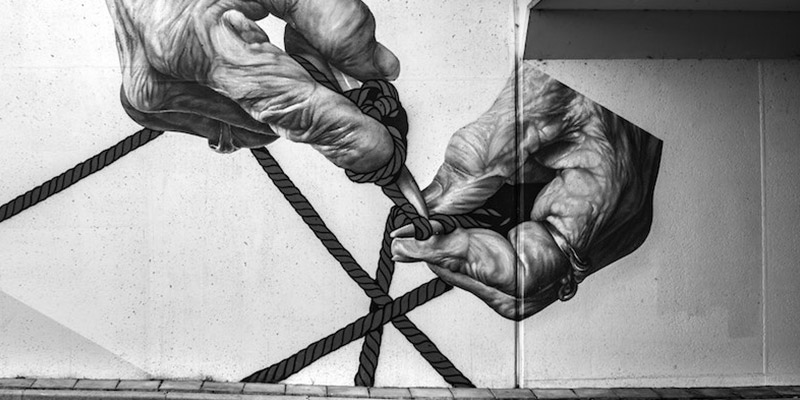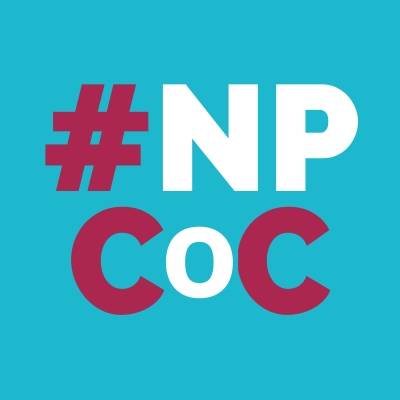
4 x 4 x 4 Things We’ve Learned Working with Nonprofits
We launched TakeTwo in July 2011 and since then we’ve learned there are many things we love about our work and TakeTwo.
- We get inspired by our clients and their work, every – single – day.
- We can have important, serious, and super-productive conversations – in our pajamas.
- Offering communications and fundraising under the same umbrella makes all our jobs easier – more productive – and fun.
- We have great team members who are smart, flexible, patient, and above all, have a strong sense of humor.
Now, when we started TakeTwo, we had each been working at nonprofits – big and small, local and global – for close to a decade. We knew all about working at nonprofits, but we were early in our journey of what working with nonprofits required.
Live and learn, they say. With good reason! If we knew what we know now, perhaps we’d be too intimidated to start TakeTwo.
Here are four things all consultants (who work with nonprofits) should know:
- The nonprofit is an expert in their chosen field.
Sometimes, sitting on the outside, it can be easy to give “expert” advice – “Oh, you should just do X or Y or…” Consultants – us included – must remember that most likely, the nonprofit leader has already thought of the idea, tried it, and discarded it. In other words, a little humility goes a long way. - Nonprofit leaders are incredibly busy people.
This is so obvious, it’s shocking we have to state it. But the best of us forget. We forget that in addition to whatever projects the nonprofit executive director is working with you on, they also have: staff to manage, boards to please, budgets to balance, programs to execute, events to attend, buildings to keep open, family to love, and somewhere in there, a little bit of themselves to re-charge and make happy! - Nonprofit staff members are your best friends.
Connecting and building relationships and trust with all staff members you will be working with is key to getting the job done. Be sure to learn every one’s roles, what they contribute to the project you are working on, and how you can build off of one another’s knowledge and expertise to tackle the job at hand. In other words, connecting with the Executive Director and Board Chair is not enough. Connect, and work hard, with the entire team. - Your project is one small piece of the pie.
There is a tremendous amount of work being done at the organization you’ve been hired to help. Chances are, the team is working day and night and is incredibly stretched. There needs to be understanding of this reality – and patience – especially when the nonprofit team is unable to respond to you as quickly as you would like.
And here are four things we wish all nonprofits leaders (who hire consultants) knew:
- Hiring a consultant doesn’t mean the job is automatically done.
Time and again, nonprofit leaders don’t have the time and capacity to actively respond to – or work with – consultants after they hire them. They want a project completed, but don’t realize they haven’t put them time in on their end to make it happen. Working with a consultant requires preparation and ongoing communication – on both ends. - There is a learning curve.
In marketing and communications specifically, the biggest challenge we face is educating the nonprofit in how marketing communications actually works while simultaneously executing a project for the organization. Sure, the nonprofit leader doesn’t need to know the nitty-gritties of logo design or video editing, but if they want to make “a quick change” in the very final stages of a design or video edit, that can become a challenge. It is best to approach the consultant relationship like this – as a nonprofit leader, you are the expert on your issue; the consultant is the expert on the service they are providing you. Seek their leadership and guidance to get your project done in a timely fashion (i.e., follow their process, timelines, and deadlines). - Don’t work with consultants you don’t respect and trust.
Much of the consultant relationship depends on your belief in their expertise and work product. Do not hire a consultant you do not respect or trust. You will not effectively take their advice, adopt their strategies, or give the proper time/resources/energy to their work plans. You are wasting the consultant’s time as well as your and your team’s time. Only hire consultants you believe in, connect with, and respect – so that you can partner with them closely and let go enough to enable them do what they do best. - Keep it open and honest.
As consultants, we have heard it all. Really. Nothing surprises or shocks us any more. So, lay it on us. Openly share about the landscape in which we are tending to the task at hand. (We don’t mean all the drama – or the unnecessary drama – just the drama that matters). Enabling us to gain a nuanced understanding of the important internal/external politics of an organization saves tremendous amounts of time, energy, and money.
As we continue on the TakeTwo journey, what else do you think we should know?
